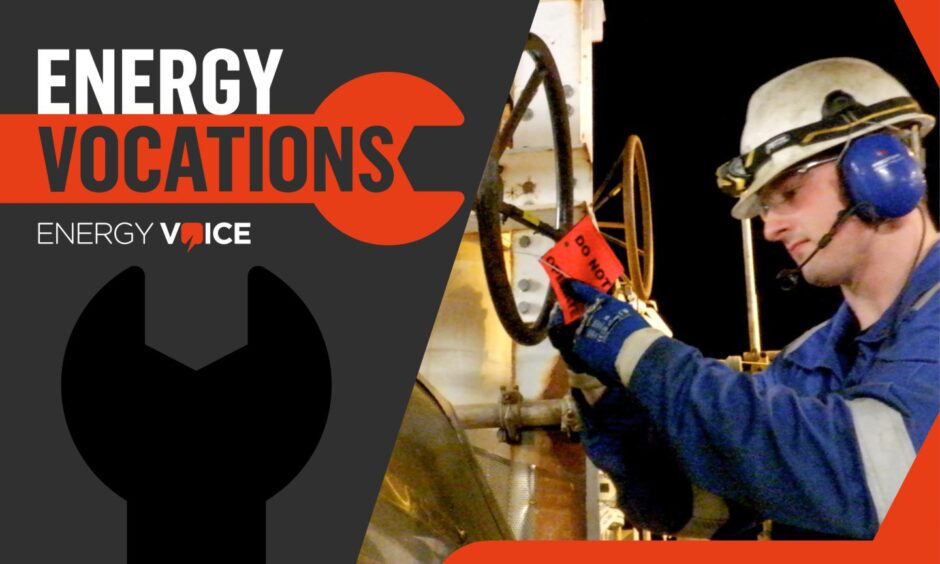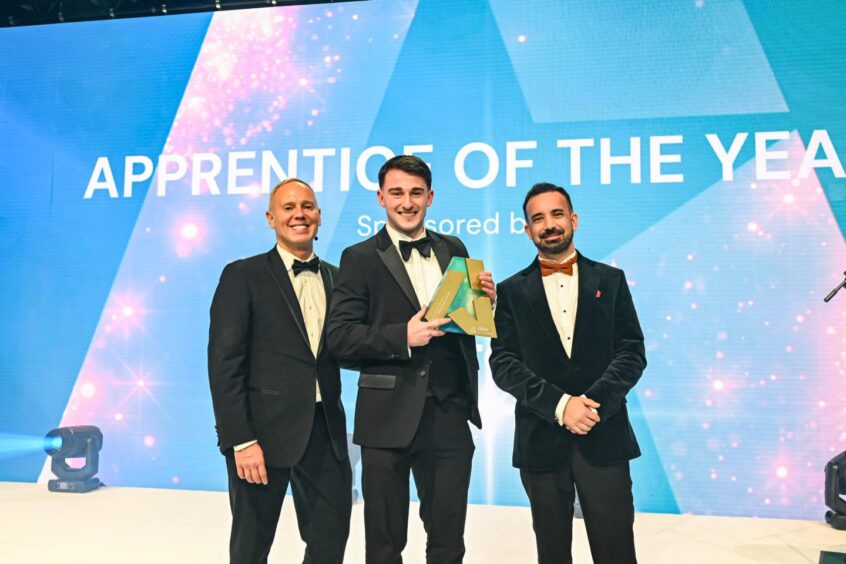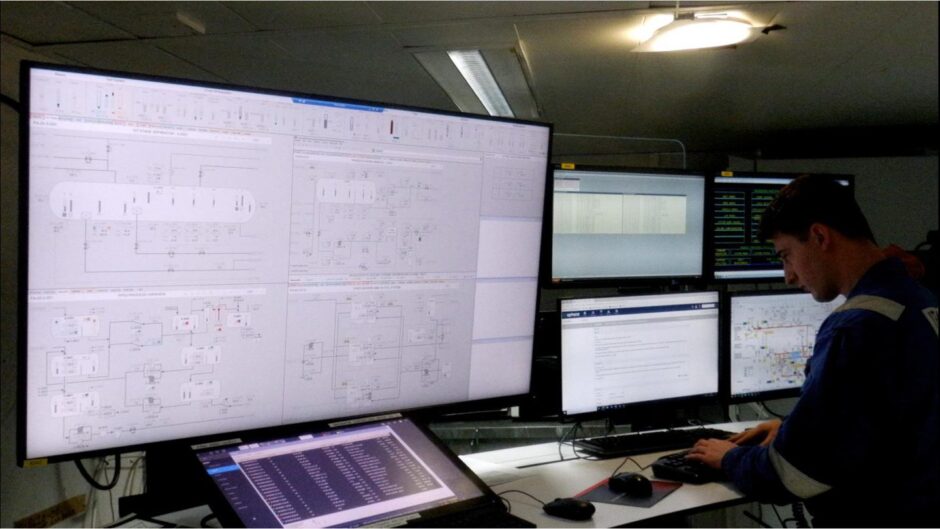
Dylan Fettes, production operator for Ithaca Energy, discusses moving from apprentice to teacher and taking on work in the Captain FPSO control room.
What attracted you to the energy sector?
I was attracted to the energy sector because of the potential to learn and progress.
This includes the multitude of skills that can be gained through a variety of courses (both practical and computer-based), which can then be developed further at the work site and even transferred to different sectors.
The opportunity to work with experienced individuals who have years of knowledge in the industry and are willing to pass that information down to you was the biggest attraction.
There is always more to learn from your peers, and during my time working offshore, I’ve had that every day—not just in work but in life lessons too.
Were there any obstacles you had to overcome to become qualified?
The main obstacle I had to overcome was initially passing the assessments in college to gain my HNC, followed by completing my portfolio at the worksite while learning how to carry out everyday tasks as part of my day-to-day job.
Throughout the apprenticeship, support was always available when needed, which really helped me overcome these challenges.
How did you find the training process, and what were the most challenging and interesting parts?
Overall, I really enjoyed my training process. I’ve learned a lot along the way, and even though I’ve qualified, I’m still continuing this process as you never stop learning.
For me, adapting to the environment around me was not only the most challenging but also the most interesting aspect, as there’s always so much to take in and learn.
What installations and vessels have you worked on, and how long have you worked in the sector?
I’ve worked in the sector for two and a half years, spending the majority of my time on the Captain FPSO, with a brief stint on the Alba Northern Platform to complete my apprenticeship.
Do you have any advice for students considering their next steps after finishing school in the summer?
At school, further education, such as college or university, is often heavily encouraged, but an apprenticeship is an option I would highly recommend.
Learning both the theory and practical aspects together, in my opinion, is one of the best ways to learn.
On top of that, earning while you learn is a massive bonus, as it allows you to focus primarily on your apprenticeship without having to worry about working a part-time job to earn an income.
How has it felt moving from student to teacher, now that an apprentice is working with you on the Captain FPSO?
I’ve been very lucky to get the opportunity to work with the new apprentice coming through the APTUS scheme.
It’s been beneficial for me as I’m being asked questions that keep my knowledge fresh. If I’m asked something I don’t know, I have to find the answer for their benefit, which also helps me improve myself.
Do you have plans to work elsewhere, or has travel been a factor in your career decisions?
At the moment, I’m happy with where I am and very grateful for the opportunity that Ithaca Energy has given me. I have no plans to move from the company, but if there were opportunities within the company, I’d be interested in exploring them.
Have there been any people who helped you learn the ropes and settle in?
I couldn’t single out one person, as it’s truly been a team effort. I’ve tried to take the best from all the people I’ve worked with and put my own version of their strengths into my work.
The crews on both installations I’ve worked on have been friendly and helpful, and I’m very grateful for that, as without them I wouldn’t be in the position I am today.
What was the most unexpected thing you encountered when learning to work offshore?
The most unexpected thing I encountered when starting to work offshore was the physical demands of the job.
Going from primarily working at college to moving to the worksite was quite a shock. The environments are so different, from learning the correct handling techniques for lifting to adjusting your stance for better balance when operating tools or equipment.
What are your aspirations now that you’ve finished your apprenticeship? Where do you see yourself in 10–15 years?
At the moment, I want to keep progressing and taking in as much knowledge as I can from my peers. I’m currently training in the control room, which would be the next step in my career, but in the future, I’d be open to getting involved in different opportunities.
Recommended for you


 © Supplied by Michal Wachucik/Aber
© Supplied by Michal Wachucik/Aber © Supplied by Ithaca Energy
© Supplied by Ithaca Energy © Supplied by Ithaca Energy
© Supplied by Ithaca Energy